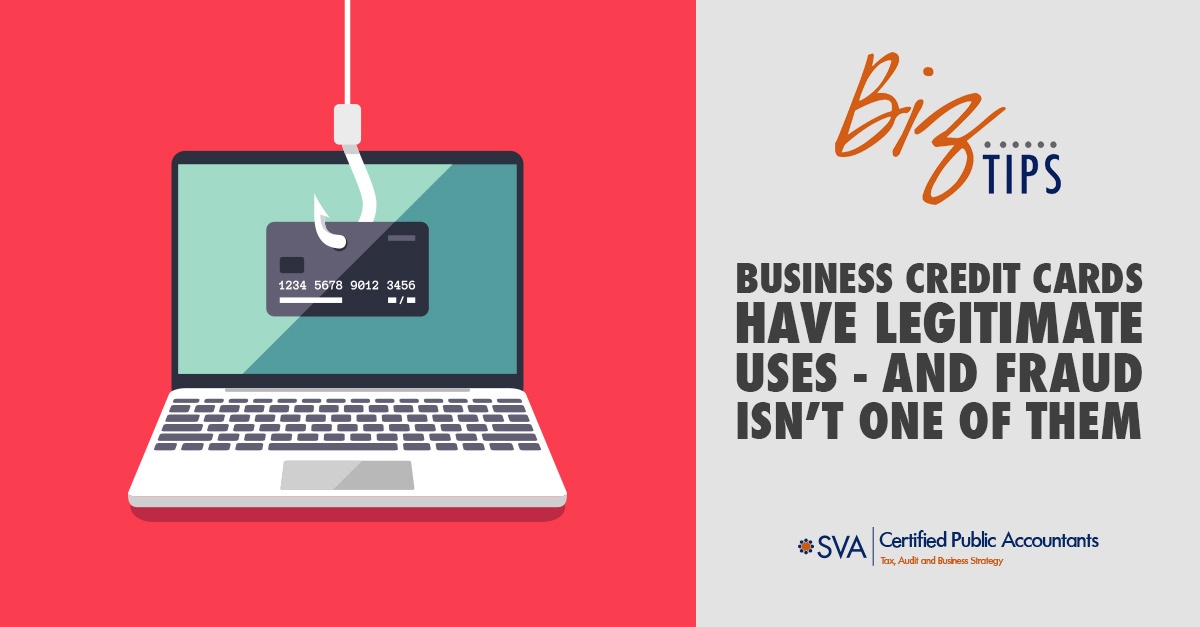It seems like more and more forensic accounting cases are focusing on abuse of business credit cards by executives and sales representatives. So what enables these individuals to enrich themselves at will? Oftentimes, it comes down to two preventable factors: deficient internal controls and lax supervision.
If you’re not convinced that corporate credit card abuse is a growing problem, consider a recent case where a drug company executive and his escort managed to spend a whopping $5.8 million of unauthorized charges in a mere 16 months.
Many common business-related embezzlement cases involve millions of dollars of theft; yet the time span of misconduct usually exceeds three to four years. In this case, the executive in question was accused of stealing $5.8 million over 16 months (that’s an average of $362,000 worth of charges per month), which truly defines the phrase “power shopping”—albeit in the context of criminal theft.
How Can an Executive Incur Such a Large Amount of Monthly Credit Card Charges and Get Away With It for So Long?
We’ll go out on a limb and say that no one back at the shop reviewed the credit card statements, and instead simply paid the executive’s credit card bill each time it came due. That’s a costly mistake!
In this case, if the company’s accounting department reviewed all those credit card statements, they would have seen over $600,000 in purchases for clothing and accessories; over $550,000 spent on home décor; and another $250,000 spent on health and beauty-related products and services—including plastic surgery. To highlight the absurdity of this case, moving the escort’s potted plants from Illinois to California cost the company $24,000.
With the help of her executive lover, the escort was planning on opening a spa in her new 6,500 square-foot house in San Diego. All of these expenditures, if adequately substantiated, should never have been approved, let alone paid unless they were charged to the employee’s loan account (provided that such a business/employee relationship existed).
In addition to the outlandish expenditures listed above, there were excessive charges for travel, lodging and entertainment – all of which are common and necessary business expenditures – so long as they are incurred for legitimate business purposes and within the boundaries of the company’s travel and entertainment policy.
Corporate Credit Cards are a Reality in Nearly Every Business.
That said, we are staunch advocates of having employees use their personal credit cards, and requiring them to adequately substantiate the expenditure (i.e., provide receipts and clearly state the business purpose) to the company that would, in turn, reimburse the employee. This approach enables the company to avoid reimbursing the employee for unauthorized or unsubstantiated expenditures.
Accordingly, that employee is then left with the responsibility of having to make the balance of the credit card payment from personal resources. This method also serves to quickly correct unacceptable credit card charging behavior on the part of those who regularly fail to provide actual transaction receipts.
Examining credit card statements and the attached charge slips can be time-consuming for many accounting clerks. And before we go any further, a credit card statement alone will not pass adequate documentation requirements for the IRS, and possibly your state as well (i.e., Use Tax).
Ask yourself: Does everyone in your company know the company’s policy with regard to what an allowable charge is and how to properly document the charge?
This is where investing the effort in compiling and implementing a detailed travel and entertainment policy becomes a valuable undertaking. Some companies do not permit alcohol, strip club entertainment, gambling, and even spouses to travel. Other companies require employees to stay at certain hotels and establish dollar limits on client entertainment meals, airfare, auto rentals or accommodations.
Below are Four Strategies for Helping to Prevent Business Credit Card Fraud:
- Require substantiation for all credit card charges.
- Establish a comprehensive travel and entertainment policy (in conjunction with your credit card policy).
- Require that all credit card statements and documentation be reviewed by internal accounting personnel. You can even utilize the resources of an outsourced internal auditor.
- For those employees who habitually fail to provide adequate substantiation, you should take away their corporate card and require them to manually submit expense reports with the required documentation.
Corporate credit cards are a tool provided to employees. They are not a benefit—nor are employees entitled to them. Most employees use corporate credit cards in compliance with the business’s rules and regulations and would never think twice of using the card for a personal purpose. Rather, it’s the employee who is noncompliant, who is a renegade, who thinks they do not have to comply, who “pushes the envelope” and compels diligent companies to remain on the alert.
Do you have questions about corporate credit card fraud, or other forensic accounting matters? SVA is here to help.

© 2018 CPA ContentPlus

